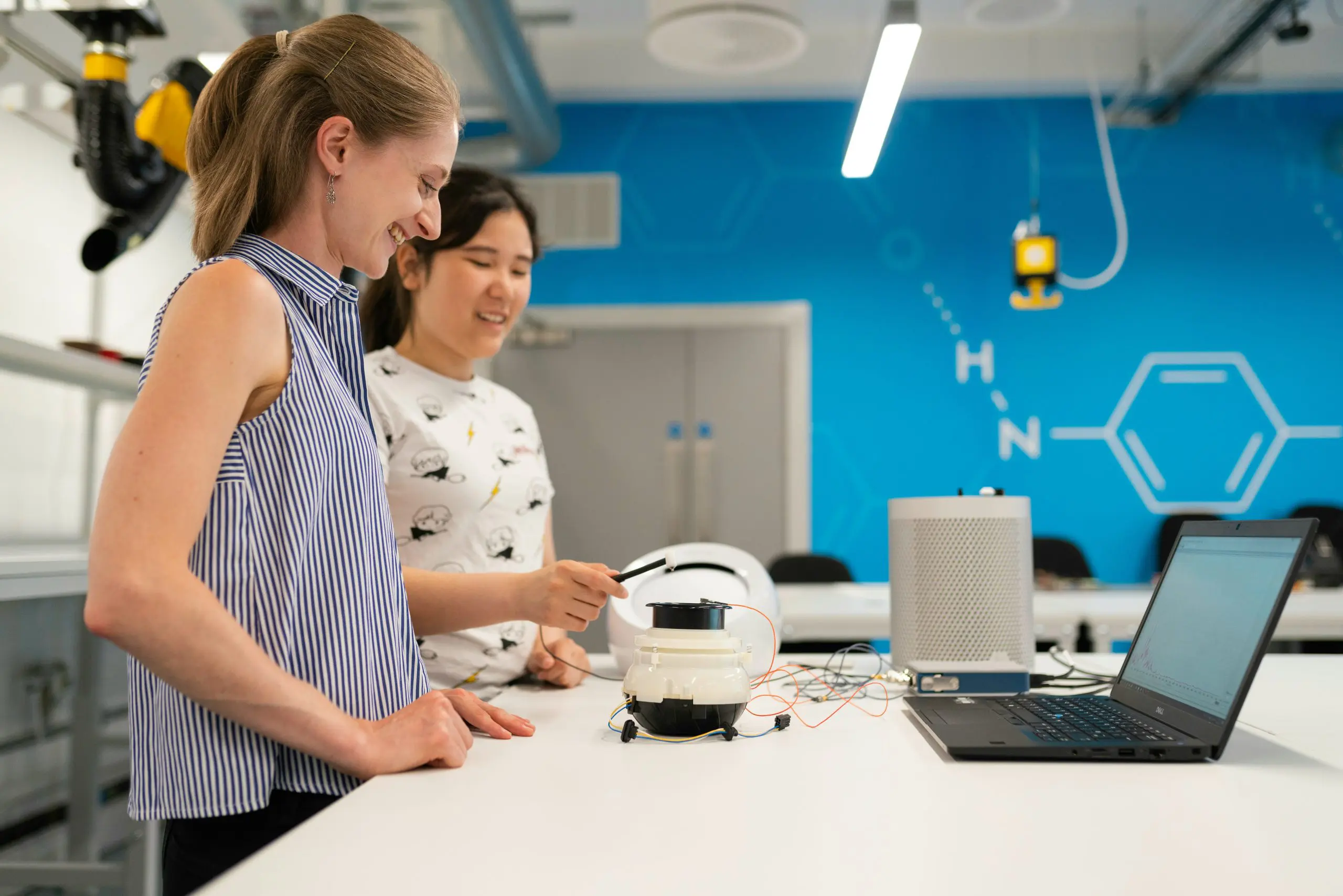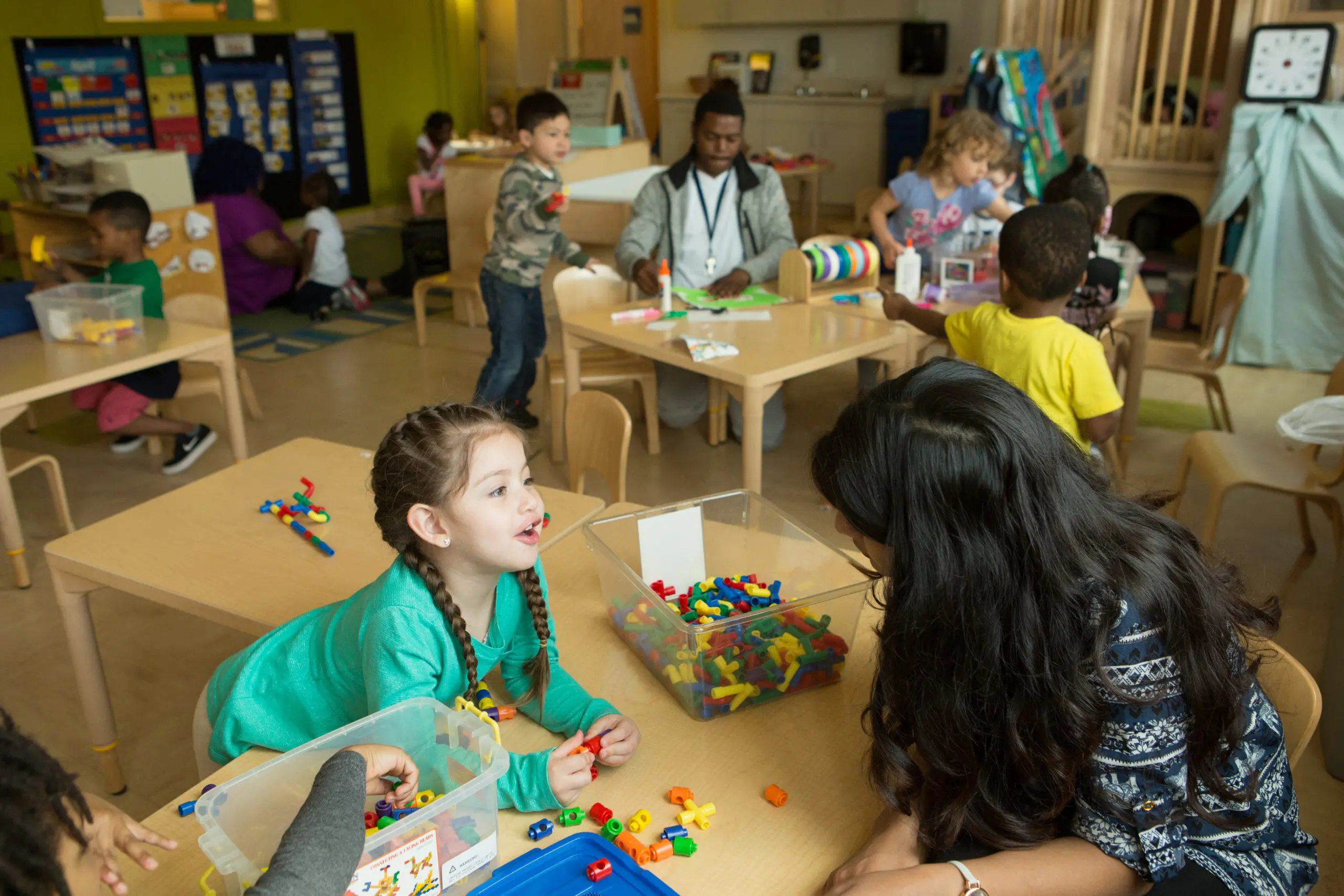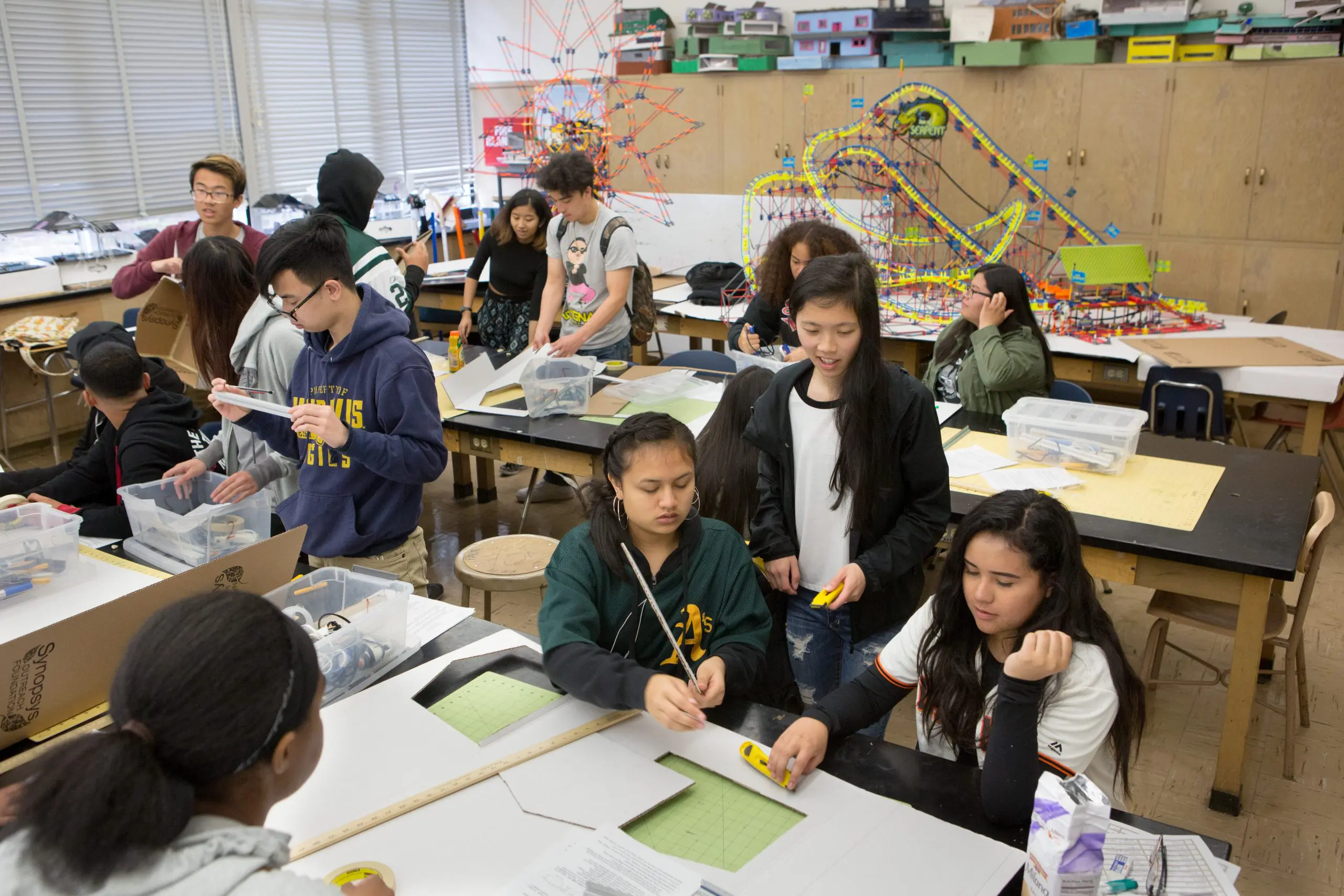An Alliance Strengthening Education R&D
ALI brings together school leaders, researchers, practitioners, and policymakers to build a robust education R&D ecosystem that helps schools implement proven solutions and prepare students for future success.
Learn how ALI is building a more innovative and evidence-based education system.
Our Impact
Success Stories
Discover how education R&D is changing lives—from Mississippi’s literacy breakthrough to Georgia’s innovative music-based coding program.
Projects & Initiatives
ALI and our partners are building a more robust R&D ecosystem capable of solving education’s most pressing challenges.
Analysis
Our research and analyses shape conversations and drive the decisions that enable education R&D to work for all students, everywhere.
Policy Work
We help state and national leaders understand how strong, well-funded R&D opens doors for students while protecting our national interests.

Our Blog

- Commentary
- Featured
- Trending Now

Join the ALI Coalition
90 +
4
10 +
Be part of a growing movement to transform education through R&D. Join over 90 leading organizations working to strengthen how America develops and scales evidence-based solutions.
Publications & Statements

Blueprint for the Future of the Federal Role in K-12 Education R&D
In early 2025, the Alliance for Learning Innovation, along with InnovateEDU and the Learning Systems Leadership Network, convened the Future of Education R&D Taskforce in response to sweeping federal changes impacting Ed R&D.

Report from the Future of Federal Education R&D Task Force
The Future of Education R&D Task Force has developed a report that expands on each element of the Blueprint for the Future of Education R&D.

Voters Say the Federal Government Should Invest in Education R&D
A spring 2025 national poll of registered voters finds the public overwhelmingly supports federal investments in education research and development (R&D). Regardless of political affiliation, voters agree that the federal government has a vital role to play in enabling robust education R&D. Voters cite a variety of reasons for their support, most notably that federally-funded […]


